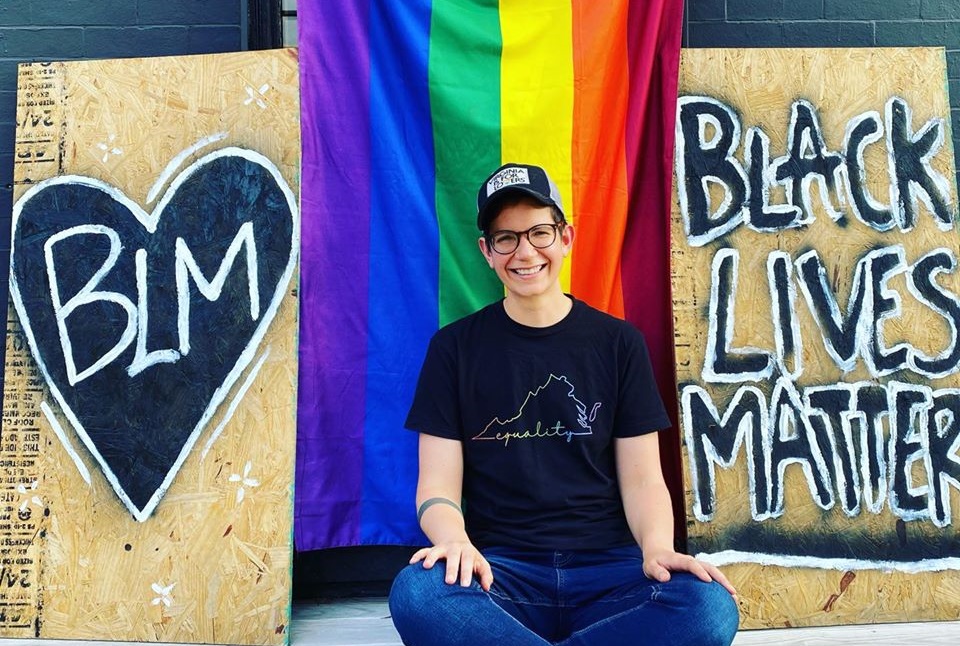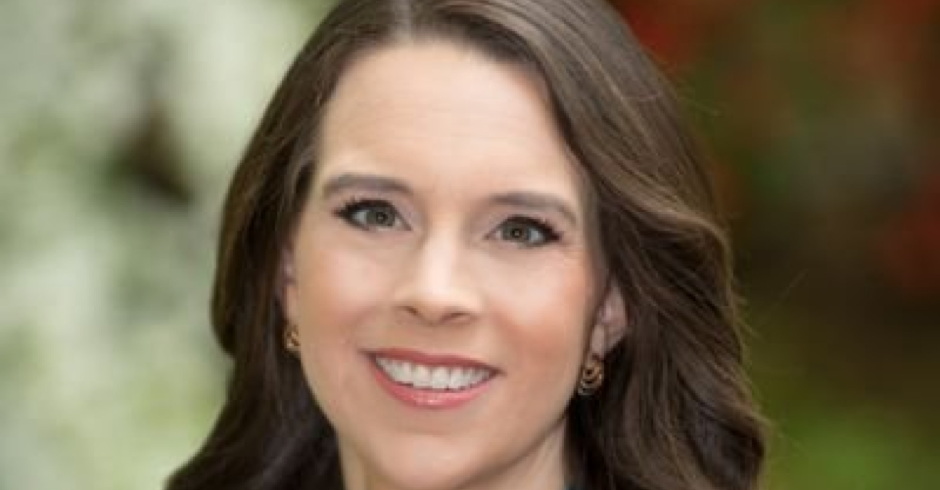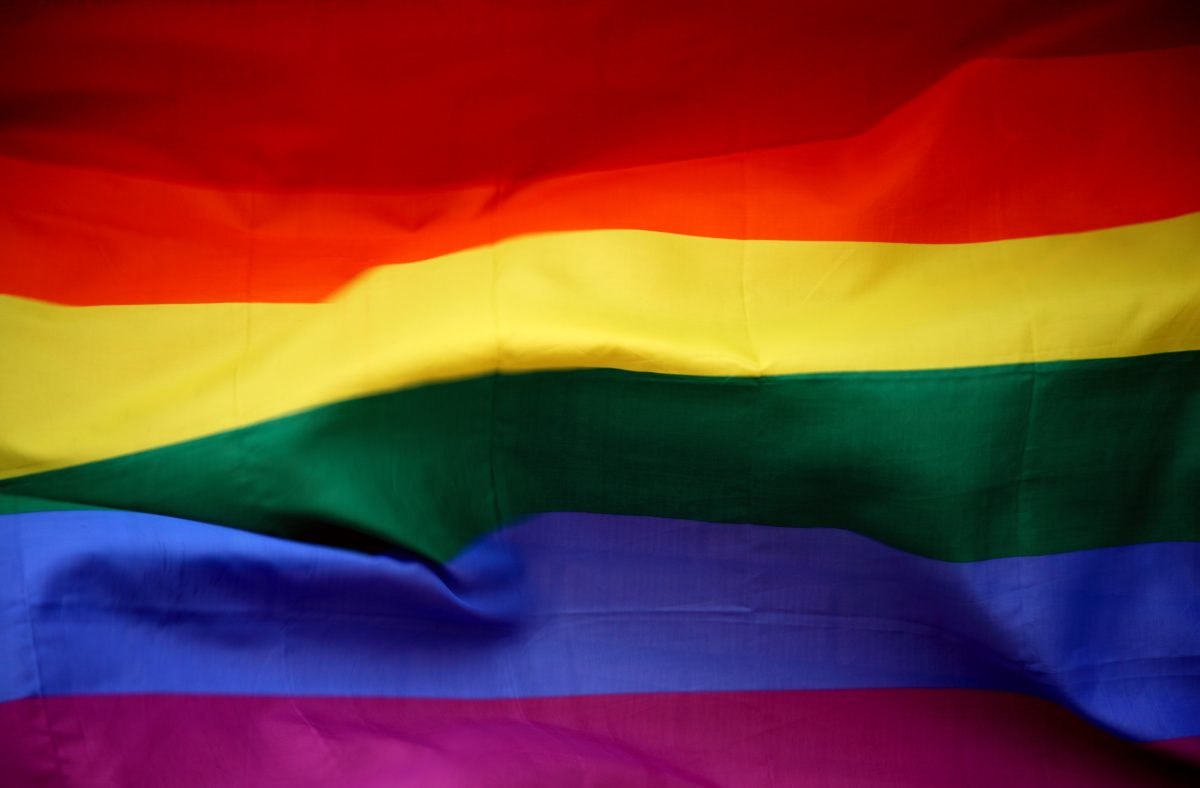Equality Virginia's Vee Lamneck talks to GayRVA about Title VII, The Virginia Values Act, and the connections between LGBTQ and BLM. On June 15th, the U.S. Supreme Court reviewed three historic cases and came to one monumental decision: that Title VII of The Civil...





